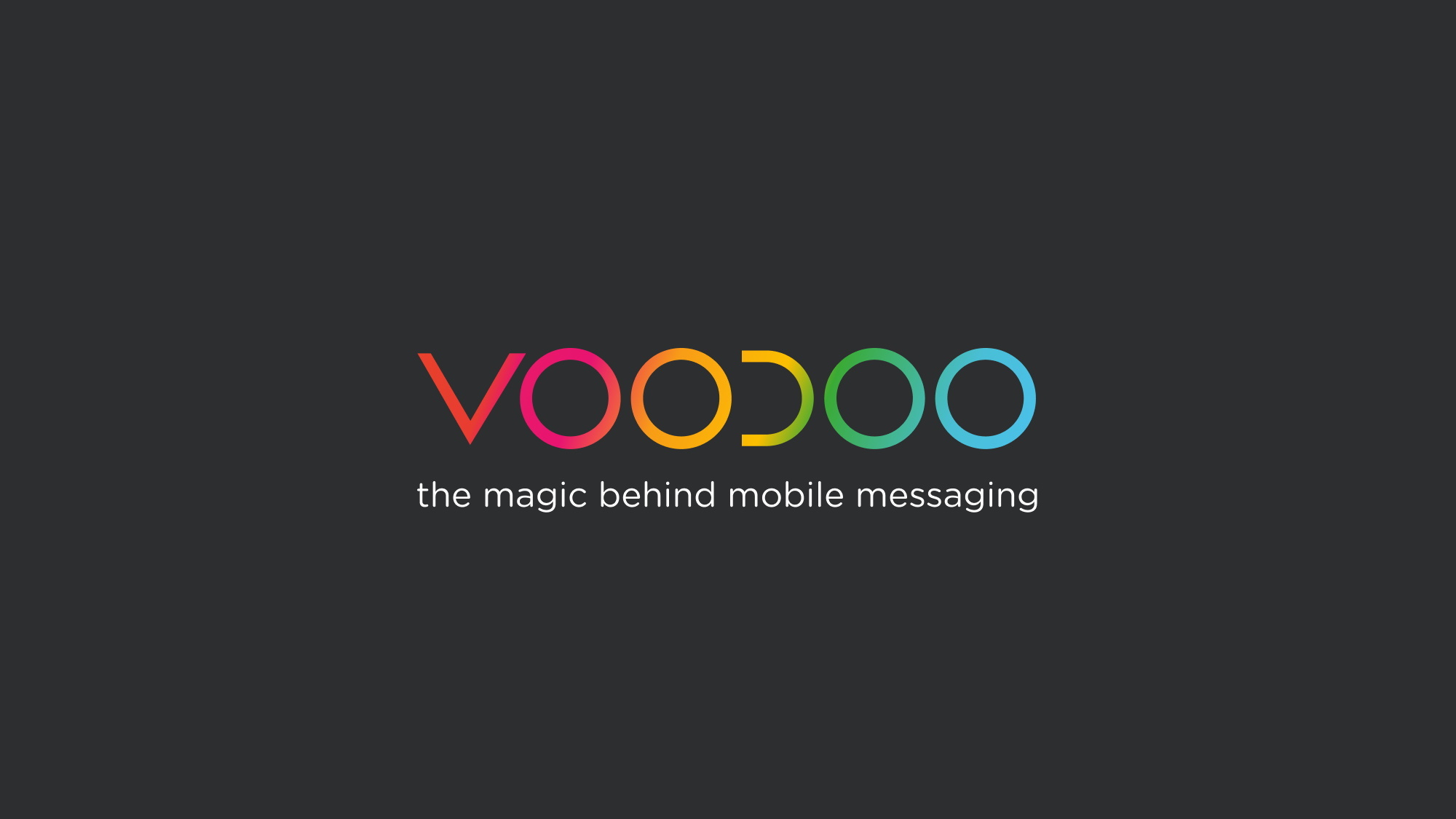
Fighting the Clutter of Uncertainty
Rory Sutherland is a doyen of British advertising. As the vice-chairman of Ogilvy Mather – one of the world’s leading advertising agencies – he was instrumental in establishing the group’s behavioural science practice. He believes it is “understanding how we actually make decisions and behave rather than how we think we decide and behave (that) is really important for business.”
Foremost in his crusade is the battle against uncertainty: “There’s something about the human brain, for whatever reason, which hates uncertainty.” If you’ve ever frantically peered down the road willing your taxi to show up, you know the feeling – which is why the tracking feature has been so successful for Uber.
For your customers, that also includes the uncertainty of whether an online order has been received, and when (or if) it was dispatched.
I’m sure your business already acknowledges this. It’s why you send emails when someone has placed an order, and perhaps another one to let them know their order has been dispatched. You want to customers to feel engaged and ‘in the loop’. Plus, there’s a customer service cost consideration: by minimising the amount of incoming calls and emails asking where orders are, you massively reduce overhead.
But there is a bigger psychological issue at play: clutter. We’re being overloaded – swamped even – with emails and push notifications. It even has a name: infoxication. It gets to a stage where it all just becomes white noise; clutter. In the mind of your customer, their email inbox is just a place full of clutter.
So just sending out yet another transactional email – to say an order has been received or dispatched – doesn’t solve the problem. It adds to it. It’s just clutter. More clutter creating more uncertainty.
An auto-email is simple mechanistic thinking. What we require is behavioural solution. Something that is guaranteed to get attention, cut through clutter, and put your customer’s mind at ease; removing their uncertainty. Something like SMS.
Consider share of attention. How many emails have you received in the last 24 hours from third party businesses (don’t just guess, do it for us). And now look in your phone and answer the same question about SMS. It’s this scarcity which sets SMS apart from electronic clutter. It’s why you read, remember and welcome a text from a courier telling you when your parcel will arrive, or a confirmation text when you’ve secured (at least, you think you have) those hot concert tickets.
Don’t think you’re adding to uncertainty? If your team have to field even one email or telephone call a day from a customer asking if you’ve received their order, or if their order has been dispatched, you unquestionably are. This isn’t a ‘problem’ with your customer base, it’s a problem with your sales funnel. You’re putting your customer into the twilight zone of uncertainty – and more emails won’t solve that.
Less stressed customers are happy customers. And if customers are happy with you – even if that stems from an unconscious feeling related to reduced uncertainty – they’re more likely to do business with you again.
You can achieve this with just a simple mindset shift. Instead of viewing SMS as a blunt marketing tool, see it as a psychological one; a behavioural nudge.
See for yourself just how much your customers love having the burden of uncertainty lifted from their shoulders with Voodoo SMS
